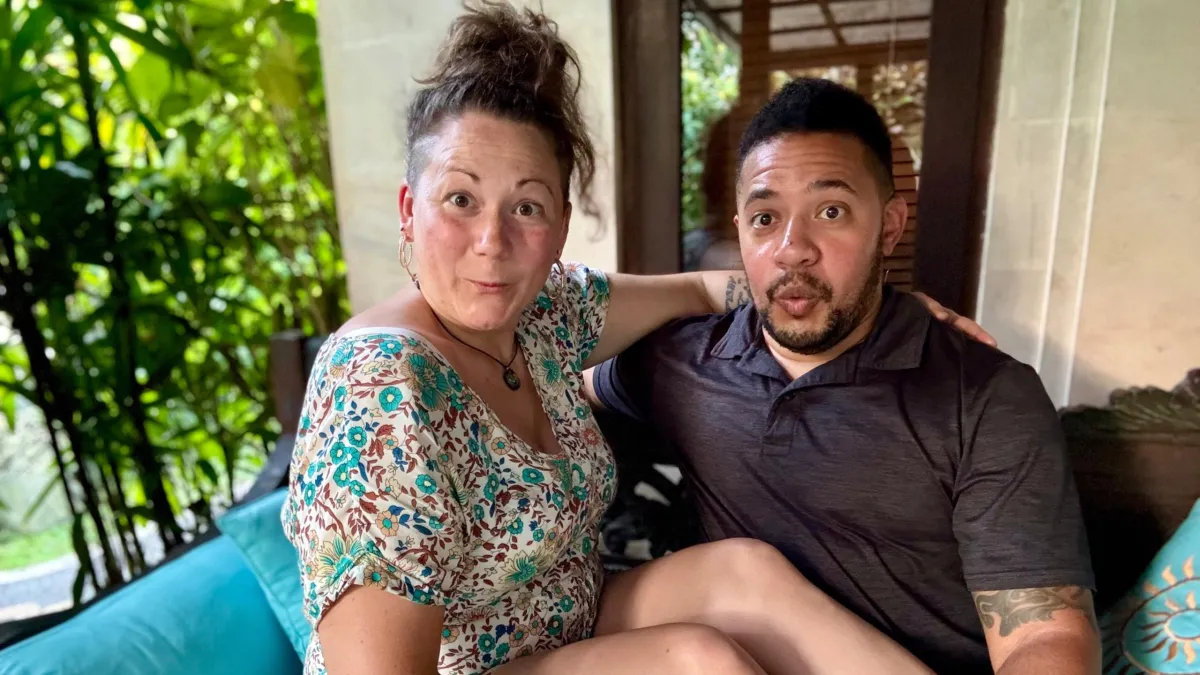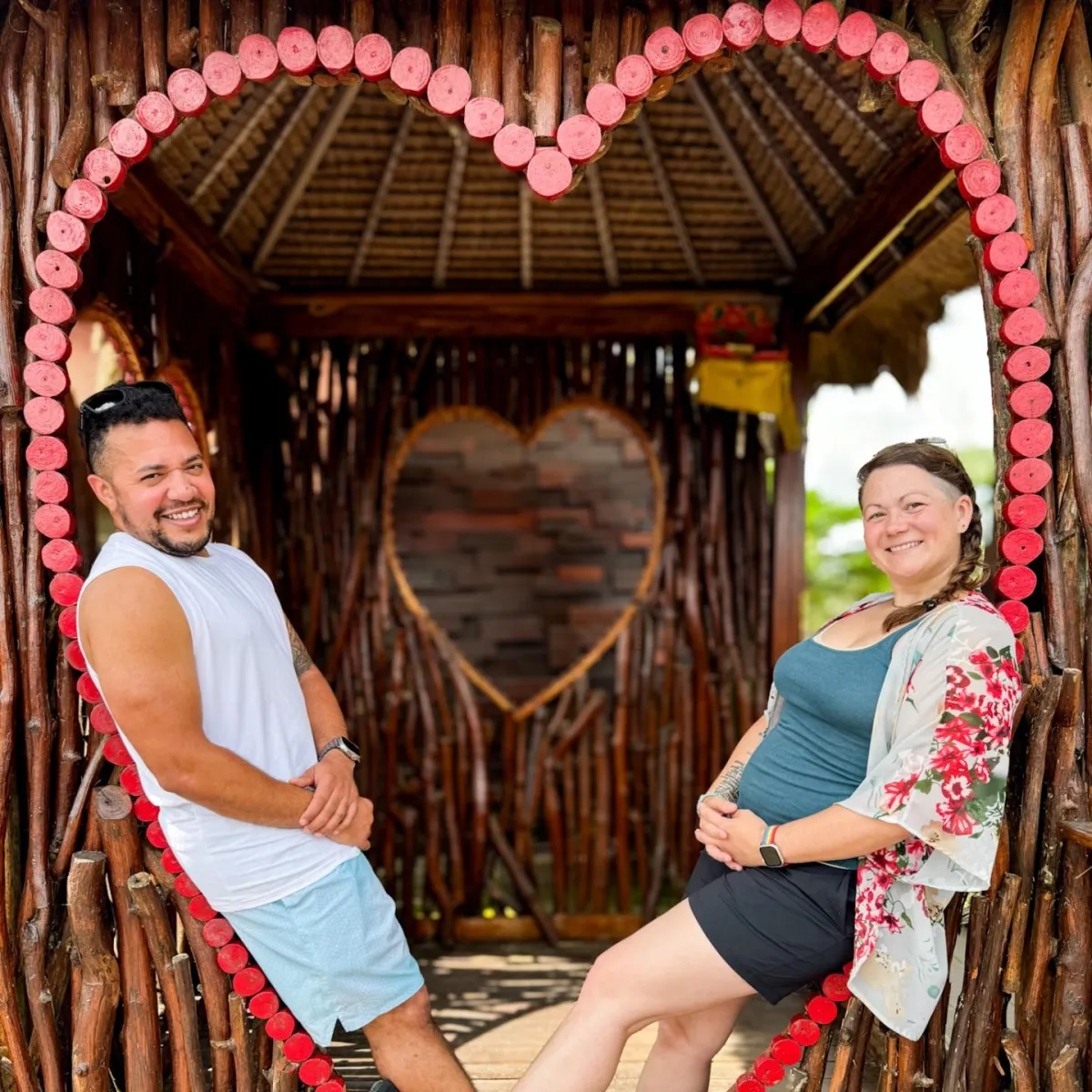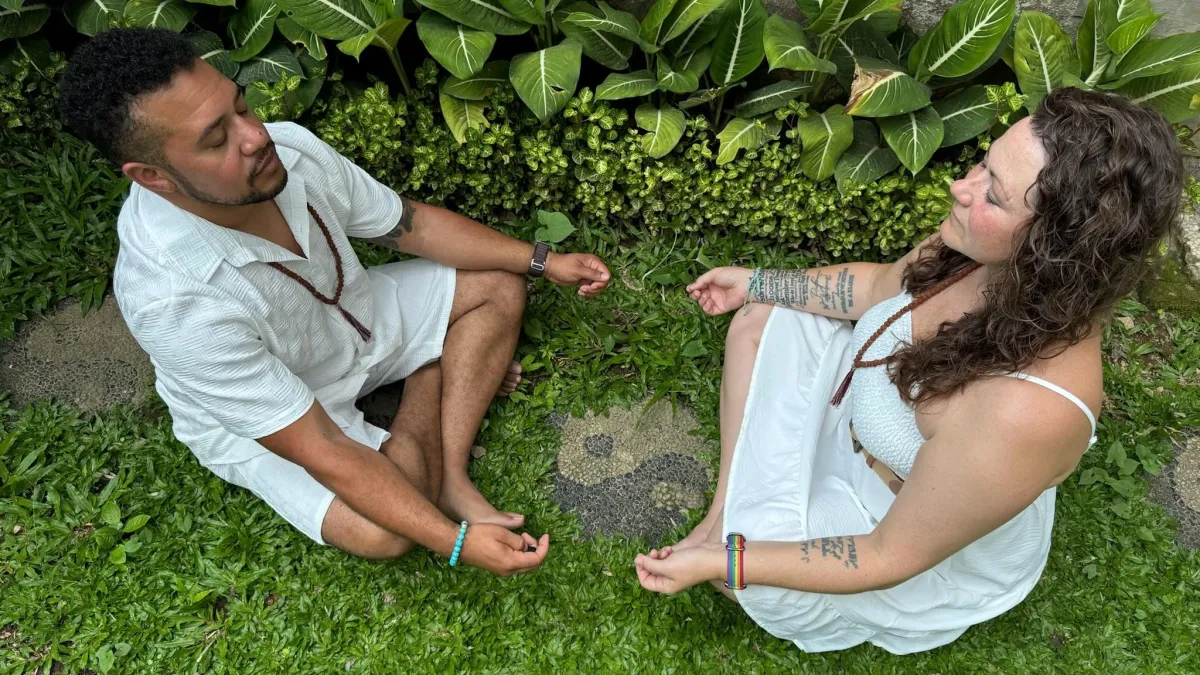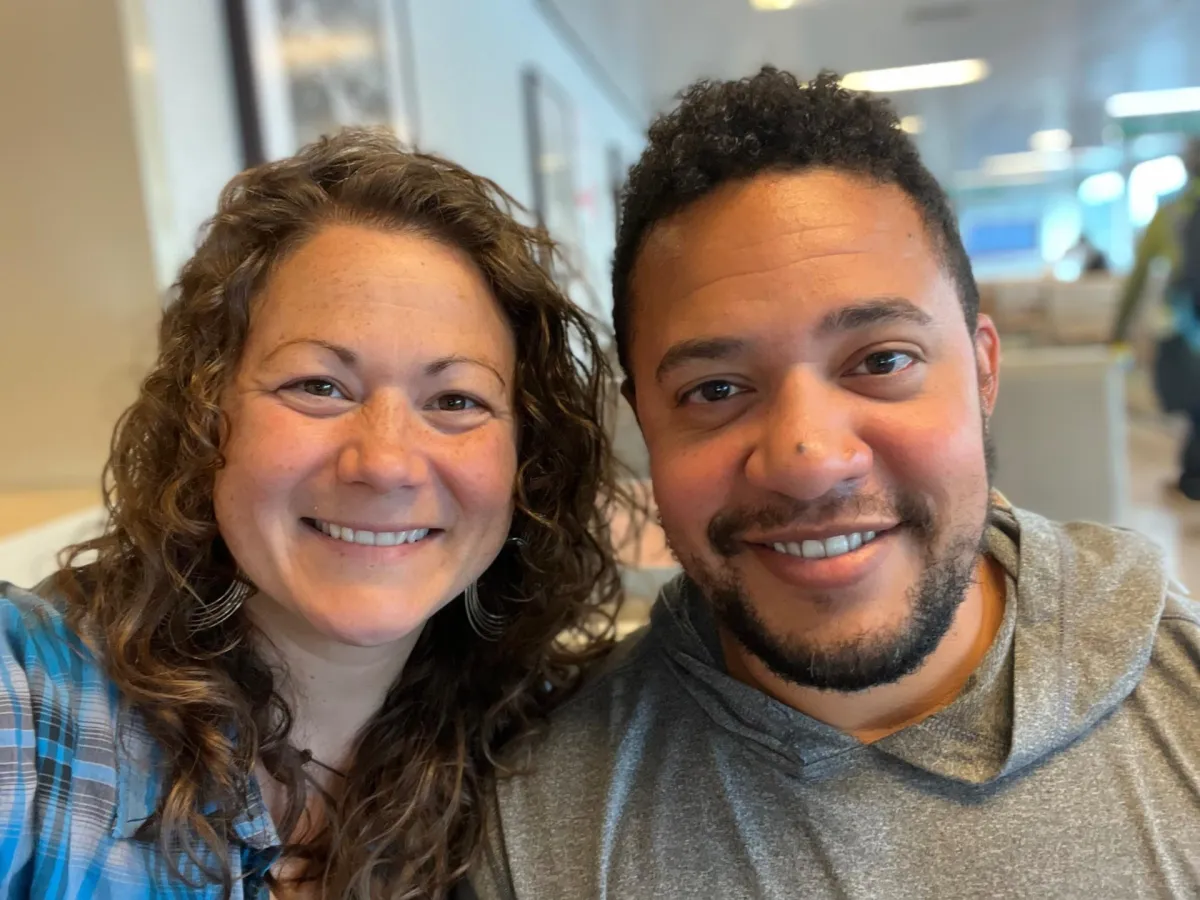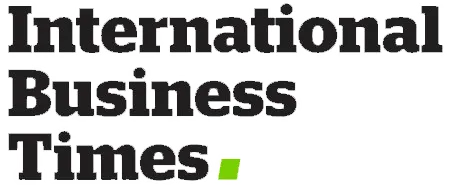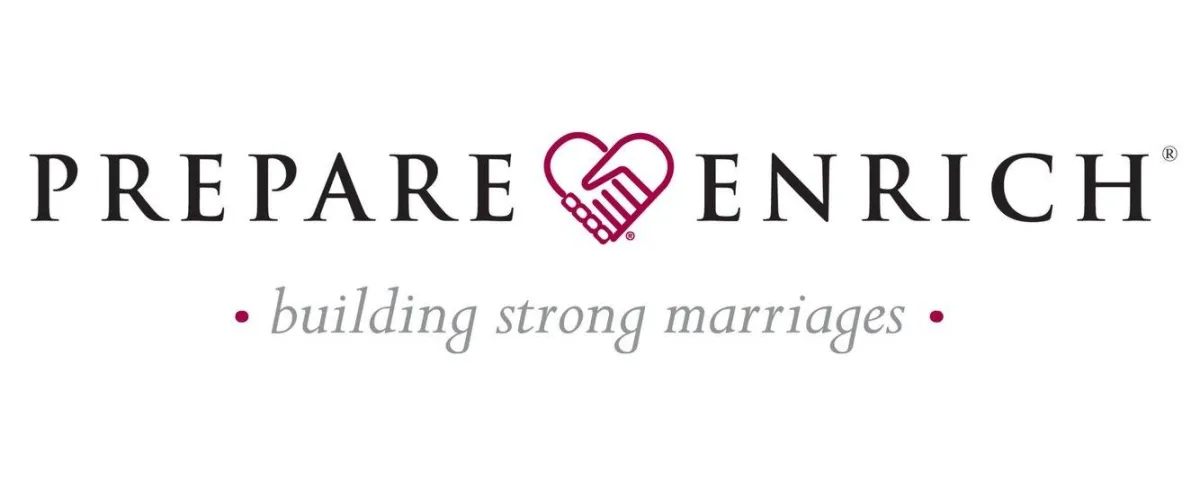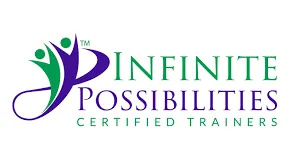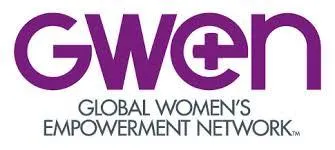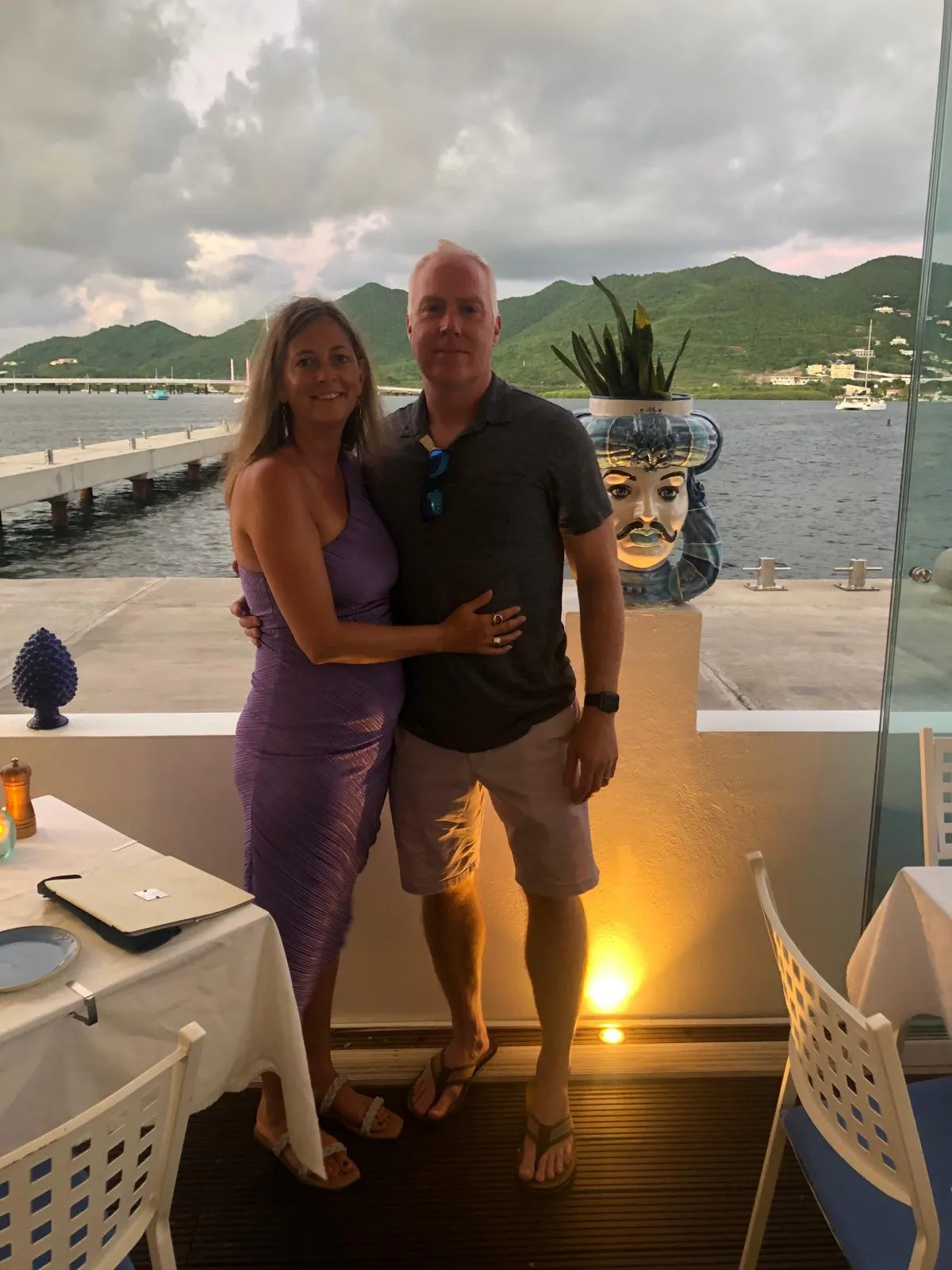It’s not therapy. It’s not fluff.
It’s a clear, proven path to the love you crave—guided by experts who’ve walked it.
You Deserve A Relationship That Feels Like Love-
And Acts Like Support.
We help entrepreneurs create the partnership they’ve always wanted—even if they’ve tried it all, and even if their partner’s not on board (yet).

Follow the PowerfuLove path, and in 6 months or less, your relationship will feel radically different– or we’ll refund your investment.
TIRED OF FEELING LIKE YOU’RE CARRYING IT ALL ALONE?
You're building big things-- A business. A legacy. A vision that can change the world, and your life. And you’re damned good at what you do!
Which is exactly why it’s so frustrating that your relationship feels… stuck.
You’ve tried the conversations. You’ve read the books. You’ve done the inner work.
And yet…
The same fight keeps happening. The connection still feels out of reach. And you’re starting to wonder… is this just how it is now?
If you're really honest… you just wish your partner would “get it.”
💜 Understand what’s at stake.
💜 Communicate better.
💜 Care as much as you do.
💜 Put in the kind of effort you’re constantly pouring in.
And every time they don’t…
You feel more defeated. More alone.
More afraid that you're building your dreams on shaky ground.
And you don’t really want to walk away.
But you do want more.
More ease. More intimacy. More connection. More support.
A relationship that fuels you, instead of draining you. That meets you where you are– and rises with you.
Enter… The PowerfuLove Method™.
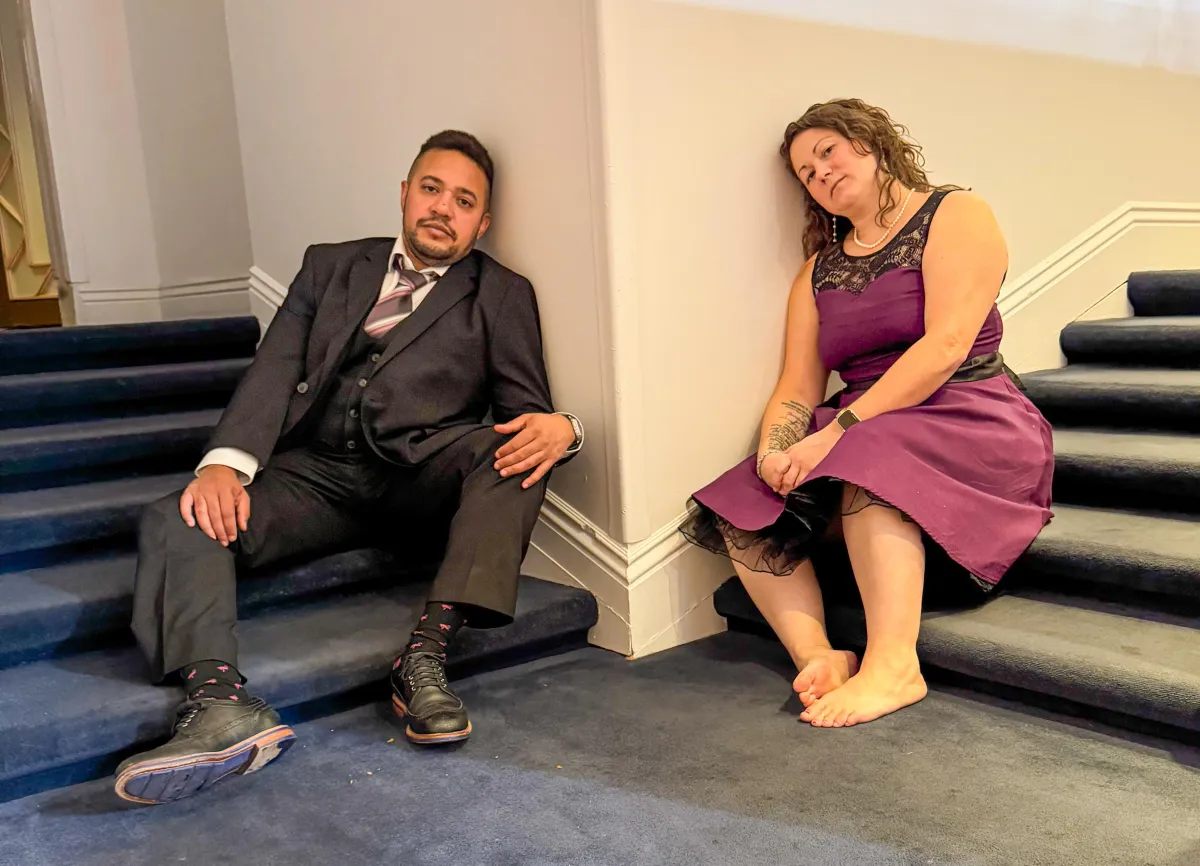
10K+
Lives Touched
100%
Success Rate
When following the PowerfuLove Path
80%
Saved Relationships
When starting on the brink of divorce
5.0★
Google Rating
20+
Years Of Experience
THE TRANSFORMATION
The PowerfuLove™ Method works.
We know... because we live it.
In the beginning, our relationship was draining. Defeating. Exhausting!
Nothing we tried made it better—until one of us stopped trying to change the other, and started leading the relationship differently.
That shift changed everything—and became the foundation of the PowerfuLove™ Method.
It’s the exact process that now guides everything we do inside our core program, Next Level Love.

THE NEXT LEVEL LOVE PROGRAM
Next Level Love is for visionary individuals and couples to create a relationship that fuels their mission and fills their heart.
If you’re ready to experience deep connection, lasting change, and a love that actually supports the life you’re building…
Next Level Love… is where everything changes
We teach the deep, transformational relationship work most people never learn—so your effort turns into real progress.
No more tiptoeing or hoping they’ll change. Just a clear, proven path to the connection, ease, and love you deserve.
Even if your partner isn’t fully on board.
Even if you’ve tried everything before.
Even if you’re scared it’s not possible
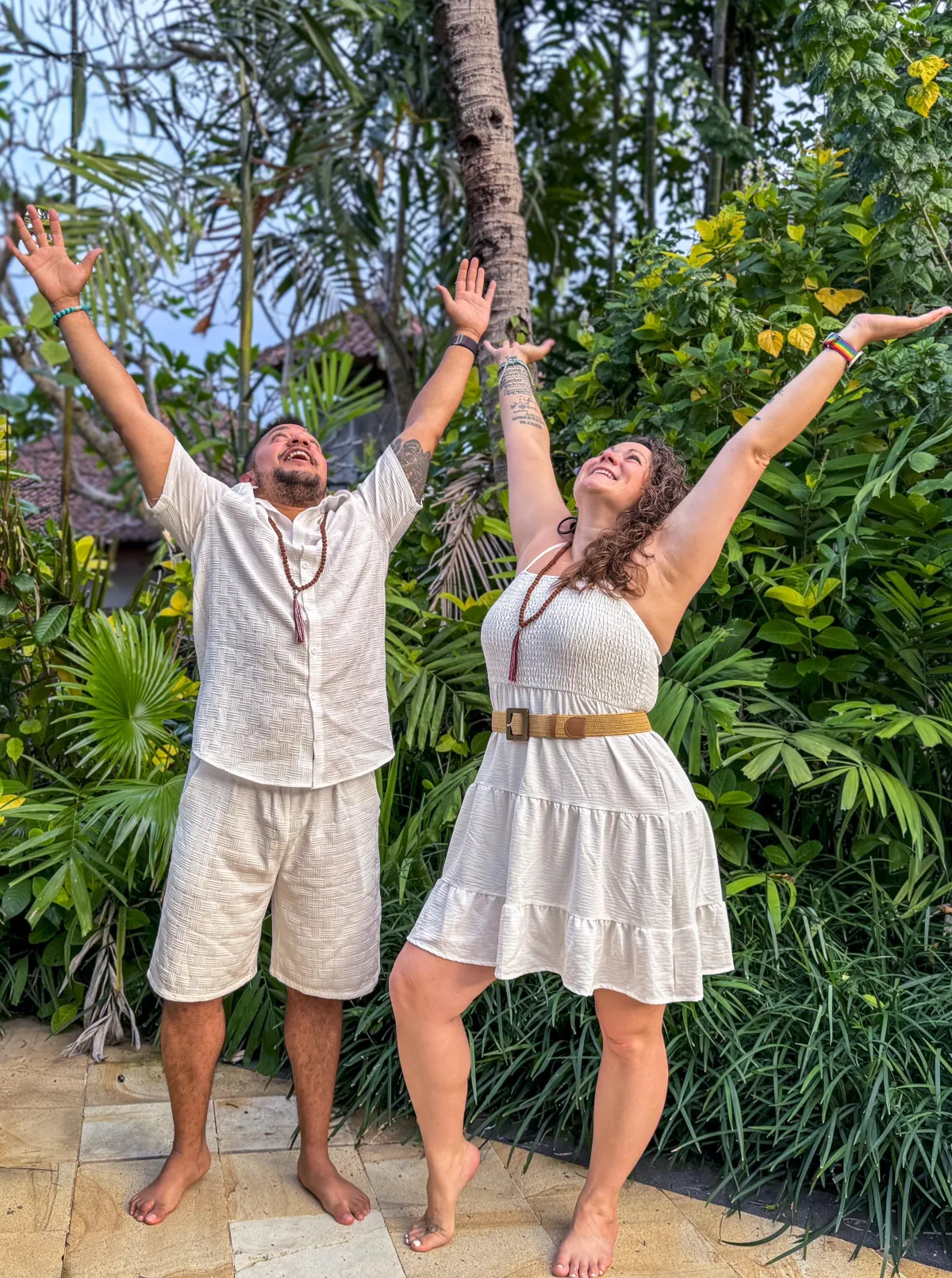
Inside Next Level Love, You'll Learn How To:
✅ Embody the ONE skill that will eliminate 90% (or more!) of your struggles
✅ Transform communication patterns—so that your partner finally does “get it”
✅ Reignite intimacy, connection, and fun
✅ Lead with love and boundaries (yes, both)-- in a way that works
✅ Build a relationship that feels like your greatest source of support, not stress
✅ Stop feeling like you’re carrying it all alone—and start seeing real change
YOU DON'T HAVE TO DO THIS ALONE.
YOU JUST NEED TO DO IT DIFFERENTLY.
And we'll show you how.
MEET CORRIN & JAMIE
Corrin is a successful business owner. But when she and Jamie came to us after nearly 20 years of marriage, they were hanging on by a thread.
They were disconnected, stuck in painful conflict loops, and unsure if they could ever find their way back. Affection and intimacy had vanished. Jamie was shut down and hopeless. Corrin was anxious, heartbroken, and questioning everything.
And the stress didn’t stay at home—it followed her into work. Her energy, focus, and confidence were suffering.
They’d tried counseling—and it only made things worse. But they weren’t ready to give up. So they tried ONE. LAST. THING…
Us.
Over six months, everything changed.
They rebuilt safety. They stopped fighting. Jamie began saying “I love you” again—and meant it. Corrin felt secure, seen, and connected in a way she hadn’t in years.
They weren’t just staying together—they were laughing, touching, growing… happy. Their home became lighter, and their daughters saw what’s possible when two people choose to heal instead of giving up.
And Corrin? She now shows up to her business with more clarity, confidence, and focus—because her relationship is no longer draining her… it’s fueling her.
Corrin and Jamie didn’t just save their marriage. They created a new one—and the ripple effects changed everything.
"So blessed to have found you and Cal and be able to work with you both!"
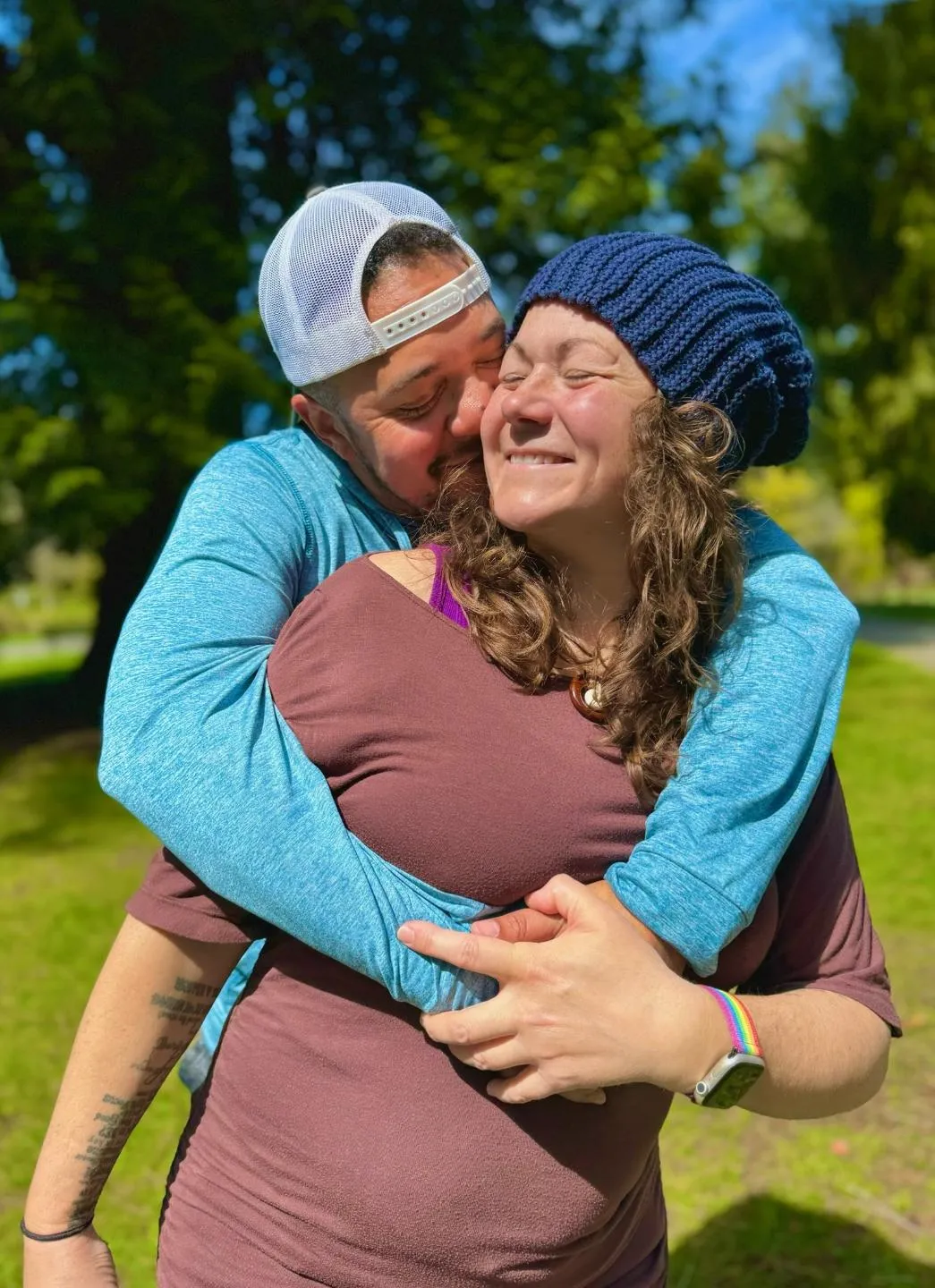
LOVE.
CONNECTION.
JOYFUL FULFILLMENT.
Listen... if your relationship isn’t energizing you… it’s costing you. Whether you’re feeling disconnected, stuck in the same old patterns, or on the edge of giving up—this is the path through.
We’ll help you stop the drain and create a partnership that fuels your mission, energizes your spirit, and brings you back to life.
Hey!
We're Dr. Jeni & Calvin.
We help visionary entrepreneurs create relationships that feel as extraordinary as the lives they’re building.
We know the toll it takes when your relationship feels harder than it should. The draining conversations. The distance. The exhaustion of trying everything—while watching it bleed into the rest of life, including business.
We’ve lived it.
But we found a way through—one that no one ever taught us (not even in Dr. Jeni’s PhD in couple and family therapy). And what we discovered changed everything.
Today, our relationship is our greatest source of energy, clarity, and joy. It fuels our dreams instead of draining them.
Helping other visionaries unlock that kind of partnership is not just our work—it’s our purpose.
Through our signature method, transformative mentorship, and high-impact relationship education, we guide growth-minded couples into deeper connection, lasting change, and a love that elevates everything they’re building.
Because this isn’t just about fixing what’s not working. It’s about creating the kind of relationship that makes the rest of life even better.
What Others Are Saying...
"As a therapist myself, I honestly didn’t know where to turn when my husband and I needed support. I am so thankful for the Powerful Love program and everything that Jeni and Calvin have built… it has been transformative for me (and for us! Holy cow!). I have a PhD in marriage and family therapy and have been a practicing therapist…and I have learned SO much from this program! …I cannot imagine where we would be without Jeni and Cal.
Honestly, my only regret was not beginning sooner!"
Christine B, PhD, MFT
"Jeni and Calvin changed our lives dramatically. Their insight, dedication and thoughtfulness not only put our relationship on the right track, but also helped us grow as parents. Their gentle guidance allowed us to confront hard topics and question old assumptions… We are forever grateful to them for their insight, honesty, and dedication.
We are stronger than we have ever been in our eighteen years of marriage."
Chris & Mary S.
"My spouse and I came upon PowerfuLove at a critical juncture in our marriage. We were both hurt, angry, and stuck at a standstill…I can say with absolute certainty that my marriage would not be where it is today without the love and support from Jeni and Cal.
I am forever grateful to them."
Jean C.
"Jeni and Calvin helped us save our marriage. When we first connected with them, we honestly weren't sure if we were going to make it. Though the work was hard sometimes, Jeni and Cal's coaching and support always got us through. Now, things are better than it's ever been. We’re happier, we fight less, we repair quickly… even the kids have noticed our improvements. This program was worth every penny and more.
Thank you Jeni and Calvin; you've been such a blessing to our lives! "
Jen & Alex B
FAQ
How much is the investment to work with you?
It depends on the level of support and access you choose. We offer multiple ways to work with us—ranging from digital programs and group mentorship to high-touch private coaching.
Most of our clients invest between $1,000–$3,000 per month, depending on the program. We’ll help you determine the right fit based on your goals, needs, and desired speed of transformation.
AND… unlike other investments that depreciate over time, this one compounds—in love, energy, leadership, and legacy. Your relationship is the foundation to everything you are building, and when it elevates and expands… so does everything else.
Can I use my insurance?
No. Our work isn’t therapy—and that’s exactly the point. In fact, after the nearly 20 years Dr. Jeni spent immersed in the therapy world, we designed our programs with the specific intent to fill the gaps that therapy left– to help ensure that our clients got results more often and faster. And we’ve succeeded!
Our work is coaching, mentorship, education, and relational transformation designed for accelerated improvements and measurable change. And while insurance doesn’t cover it, trust us… your relationship—and your life—are worth the investment.
How does your money-back guarantee work?
We stand behind our work with complete confidence. If you follow the PowerfuLove Path—meaning you show up, apply what we teach, complete the steps we outline, and still don’t experience a significant shift in your relationship within six months—we’ll refund your investment.
Transformation happens through action– to get something different, you’ve got to do something different. More importantly… you’ve got to BE different. And if you've done that work and don’t get the results, we’ll honor our promise. (Butand… if you’ve done that work… I don’t think we’ll need to.)
Do both partners have to participate for this to work?
Nope! And this is one of the most important (and liberating) truths we teach:
It only takes one to start changing everything.
Our entire approach is rooted in relational leadership—the truth that you are already influencing your relationship, whether you realize it or not. And the moment you shift the way you show up—consistently, courageously, and with powerful new patterns—your entire relationship dynamic begins to change.
This isn’t wishful thinking. It’s neuroscience. It’s systems theory.
Our focus is on empowering YOU to lead in love—not by doing more, fixing your partner, or sacrificing your truth—but by transforming how you relate and interact… in ways that invite something entirely new. And that doesn’t require your partner’s involvement.
Sometimes, a partner joins the process later, drawn in by the change they can’t deny. (The investment is the same and they can join anytime.)
Other times, the solo partner experiences such a profound shift that they feel fulfilled, empowered, and clear—no matter what. But whether your partner joins you later or not at all, this work empowers you to create the relationship you desire, from the inside out.
And of course, if your partner is participating… great!
Butand… You don’t need them to begin creating the love you want.
You just need the right support, the right strategy, and the willingness to go first.
Whether your partner joins you later or not at all, this work empowers you to create the relationship you desire, from the inside out.
What if we start the program and decide we don’t like it? Or something comes up and we can’t finish?
We get that life happens—but change doesn’t unless you commit. We’re here to help you examine any fear, hesitation, or resistance you may have to jumping in… before jumping in. This is a major life-changing decision, which means it is going to induce some fear and “what if?” questions (because that’s how our brains and nervous systems work,) but alongside that fear, our best clients have a sense of knowing. They know this is what they need. They know we’re the mentors for them. They know that now is the time.
If you’re truly unsure, this may not be the right program for you.
That said, we’re humans too, and if something significant and unavoidable arises, we’ll work with you to find the best next step. But we don’t do partial refunds just because it got hard or uncomfortable or doesn’t seem to be working right away—such is the nature of this work, my friend. And that’s why we walk with you every step of the way.
What if we break up while going through the program?
Then we keep supporting you.
Whether together or not, you still deserve support, and you still deserve to grow, heal, and expand. Some couples come in unsure if they’ll stay together. And while many do, others find clarity and choose to uncouple. And with our support, they are able to do so with more love, integrity, and ease than they ever thought possible.
So… should a breakup happen, we’ll support you through that too– individually and together, if you want it.
Is it really worth the investment?
Only you can decide that. But here’s what we know: A struggling relationship costs more than you think—emotionally, energetically, financially. Divorce alone averages $30,000. But that’s just the surface.
The deeper cost?
The lost revenue from not being able to focus, create, or lead effectively in your business.
The mental and physical health impacts of chronic stress, disconnection, and emotional shutdown.
The ripple effects on your kids, your team, your mission—and the dollars it can take to try and “fix” what was lost.
The opportunity cost of missed joy, intimacy, and love—the fuel that actually makes this whole life thing worth it.
And if it doesn’t get better? The cost of starting over, dividing assets, and rebuilding a life (and possibly a business) from scratch is immense.
Your life is precious. Your dreams and visions matter. None of us want to spend our life resources—our time, energy, money, and hearts—stuck in pain, conflict, or just going through the motions.Your relationship is the foundation of everything you’re building.
This isn’t just a program. It’s an investment in the love, success, and future you actually want.
We’ve tried couples therapy before and it didn’t work. How do we know this will?
Sadly, we’re not surprised to hear that couples therapy didn’t work for you, though it is still always heartbreaking for us to hear… and we hear it a lot. There are a lot of reasons why couples therapy so often fails (which we won’t get into here, but if you’re interested in some of the reasons, check out this blog.)
Most therapy focuses on insight– processing the problems– rather than transformation (and how to solve them). We don’t just talk about your patterns—we help you shift them. We created our programs with specific attention to filling the gaps that couples therapy leaves– so that our clients get results more often and faster. (And they do!) Our approach is proactive, strategic, and proven.
Many of our clients come to us after therapy has failed them. What we do is different—because you’re not just getting support. You’re getting a clear, proven path, and TWO expert guides who know how to walk it with you.
How is this different from therapy?
Therapy helps you process the past. We help you create your future.
Our method isn’t about reliving old pain—it’s about building something new. We offer a clear, actionable roadmap to relational success, backed by experience, research, and lived transformation. This is not about surviving your relationship, or even just fixing the problems. It’s about revolutionizing it and creating the kind of partnership that most people only dream of.
Is this program inclusive of queer, trans, and non-traditional relationships?
Absolutely. PowerfuLove PROUDLY celebrates LGBTQIA+ identities, gender-expansive folks, polyamorous structures, and relationship diversity. And we, ourselves, are a queer, gender-queer, trans, and polyam couple. We pride ourselves on being a visible representation of what is possible for ALL identities and relationships. Our work intentionally creates safe, empowering spaces for all love that’s rooted in mutual respect, consent, and authenticity.
How much time will this take each week?
On average, you’ll spend 1–3 hours per week engaging with content, calls, and applying what you’re learning. But more important than time is INTENTION. This work doesn’t just take hours—it takes energy, and it takes heart. We’ll help you use all of these wisely and effectively.
You AND Your Relationship...
Are Destined For GREATNESS.
And no matter how hard things may feel right now... we can help you get there- even if you partner's not involved.
Check Out Our Blog!
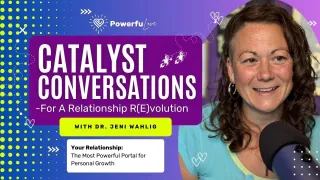
Your Relationship: The Most Powerful Portal for Personal Growth
Your marriage is more than love... it’s your most powerful portal for growth. Discover how relational leadership unlocks transformation in love, business, and life. ...more
Empowered Accountability ,Better Love &Resolving Problems
September 20, 2025•3 min read
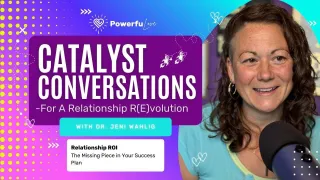
Relationship ROI
Your relationship is the most overlooked asset in business. Discover how love fuels clarity, energy, and momentum and why investing in partnership drives success. ...more
Tips ,Empowered Accountability &Resolving Problems
September 09, 2025•4 min read
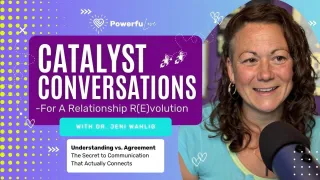
Understanding vs. Agreement
Stop confusing understanding with agreement. Learn how to communicate better in your relationship, reduce fights, and create real connection... even when you disagree. ...more
Tips ,Resolving Problems Reconnection &Communication
September 03, 2025•3 min read
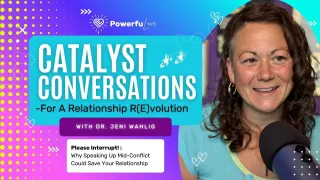
Please Interrupt
Interrupting your partner mid-conflict might just save your relationship. Discover how to set boundaries, protect connection, and lead with love—without escalating the fight. ...more
Tips ,Better Love Reconnection &Communication
August 25, 2025•4 min read
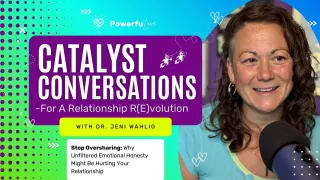
Stop Oversharing
Discover why oversharing your feelings may be damaging your connection—and how to lead your emotions with intention, power, and real intimacy. ...more
Tips ,Empowered Accountability Mindset &Better Love
August 18, 2025•3 min read
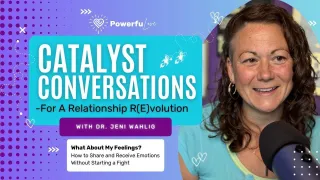
How to Share Feelings Without Starting a Fight
Learn how to share and receive feelings without defensiveness. Transform communication and deepen connection in your relationship ...more
Tips ,Better Love &Communication
August 03, 2025•4 min read
Your Relationship: The Most Powerful Portal for Personal Growth
Your marriage is more than love... it’s your most powerful portal for growth. Discover how relational leadership unlocks transformation in love, business, and life. ...more
Empowered Accountability ,Better Love &Resolving Problems
September 20, 2025•3 min read

Relationship ROI
Your relationship is the most overlooked asset in business. Discover how love fuels clarity, energy, and momentum and why investing in partnership drives success. ...more
Tips ,Empowered Accountability &Resolving Problems
September 09, 2025•4 min read

Understanding vs. Agreement
Stop confusing understanding with agreement. Learn how to communicate better in your relationship, reduce fights, and create real connection... even when you disagree. ...more
Tips ,Resolving Problems Reconnection &Communication
September 03, 2025•3 min read

Please Interrupt
Interrupting your partner mid-conflict might just save your relationship. Discover how to set boundaries, protect connection, and lead with love—without escalating the fight. ...more
Tips ,Better Love Reconnection &Communication
August 25, 2025•4 min read

Stop Oversharing
Discover why oversharing your feelings may be damaging your connection—and how to lead your emotions with intention, power, and real intimacy. ...more
Tips ,Empowered Accountability Mindset &Better Love
August 18, 2025•3 min read

How to Share Feelings Without Starting a Fight
Learn how to share and receive feelings without defensiveness. Transform communication and deepen connection in your relationship ...more
Tips ,Better Love &Communication
August 03, 2025•4 min read

STAY CONNECTED WITH US
Be the first to know about new programs, offers, and relationship tools that actually make a difference—no spam, just meaningful updates worth opening.
